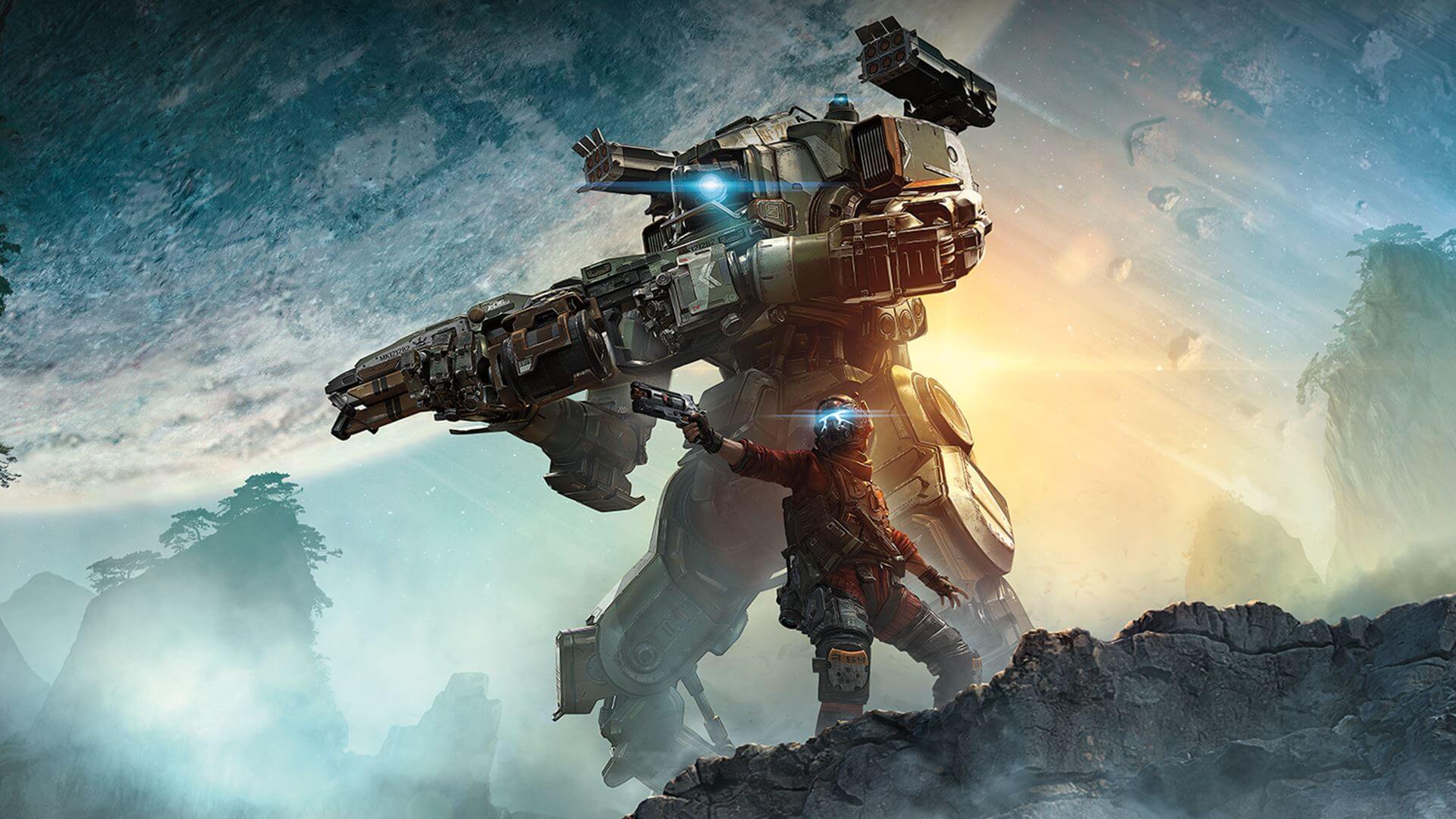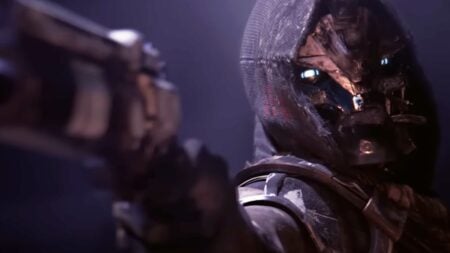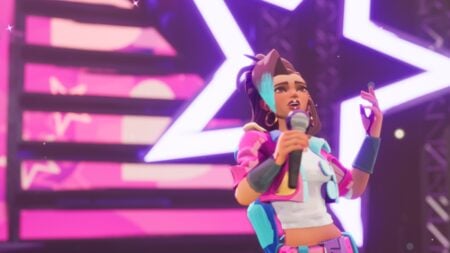Title: Titanfall 2
Available On: PS4, PC,
Developer: Respawn Entertainment
Publisher: Electronic Arts
Genre: First-Person Shooter
Official Site: www.titanfall.com
Release Date: October 28, 2016
Where To Buy: PSN Store,
2016 has been the year of diversity among shooters. Doom took us to an ADD nightmare version of Hell on Mars; Overwatch gave us a variety of characters laced with colors; Battlefield 1 took us back to the trenches and attack planes of Worl War 1; Call of Duty took us into space. But between the latter two of these came Titanfall 2, which throws you into both a parkour playground and a giant mech weapon.
Titanfall 2 is the second iteration of the Titanfall series, and the first of the two to have both a campaign as well as a multiplayer. It’s also the first of the series to find its way to all consoles rather than solely existing on
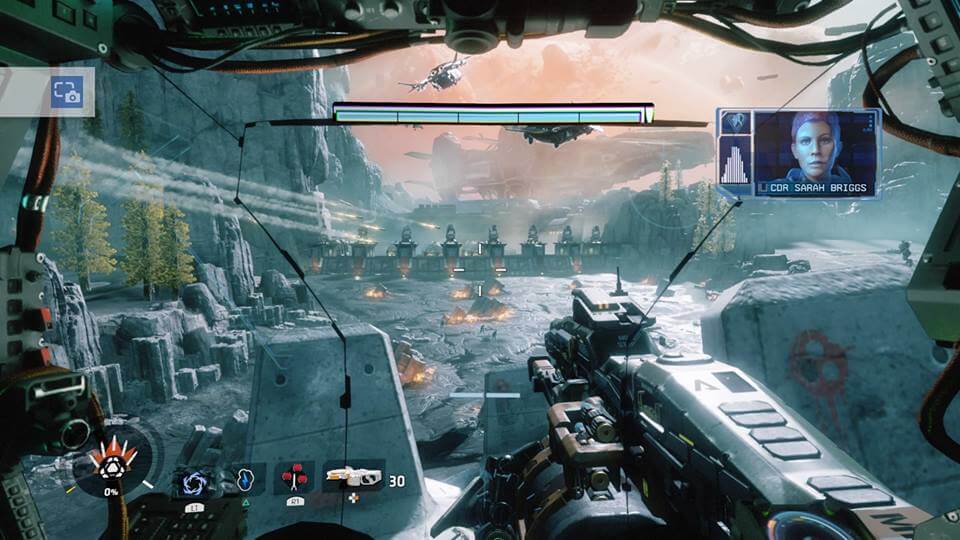
The first Titanfall confusingly tried to tell a story in the background of the multiplayer combat, so every so often you might catch a glimpse of what was actually going on in the universe before a bullet would clip your head and you’d realize it’s not even worth trying to pay attention to that. This time around, Respawn attempted to give a full-scale campaign filled with characters, gameplay, and story. And boy did they get fairly close.
The game puts you in the boots of Jack Cooper, an ordinary rifleman, one of the footsoldiers for the Frontier militia. You are thrust into training to become a pilot, a soldier capable of extremely fast, versatile movement and bonding with a Titan. Before your training can be completed, you’re called to go fight against the Interstellar Manufacturing Corporation (IMC). Your training officer, Captain Lastimosa, saves you in a skirmish, before being downed himself by a group of mercenaries and their Titans who were hired by the IMC. In his last dying breath, he transfers control of his Titan, BT-7274, over to you.
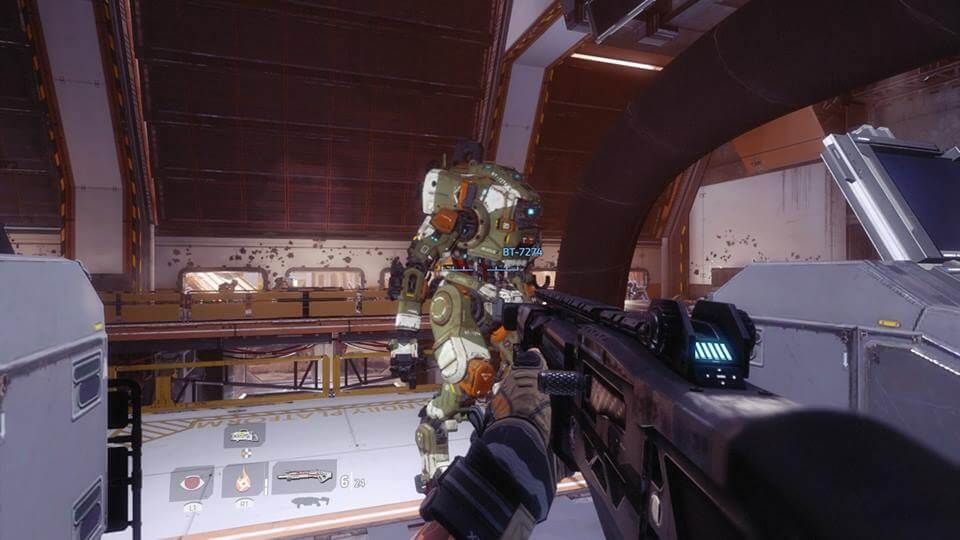
From here, you and BT build upon your connection while trying to regroup with the militia. This is truly where the campaign finds its strength. The relationship between Cooper and the Titan can really be however you want it to since the conversations the two of you have are based on your choices between dialogue options. While they don’t change the game itself, they do give a personal dynamic between you and BT. For example, for my playthrough, I decided to choose to joke with BT-7274 for a large portion of our interactions, which led to some really humorous dialogue to take place.
And props to Respawn for making me care about a machine. Unlike the ghosts in Destiny, the interactions between Cooper and BT don’t attempt to take away the artificial portion of AI but embrace the differences between a computer’s personality and a human’s personality. Certain idioms that Cooper says don’t make sense to his Titan and each thing BT does comes with a less than comforting statistic of success.
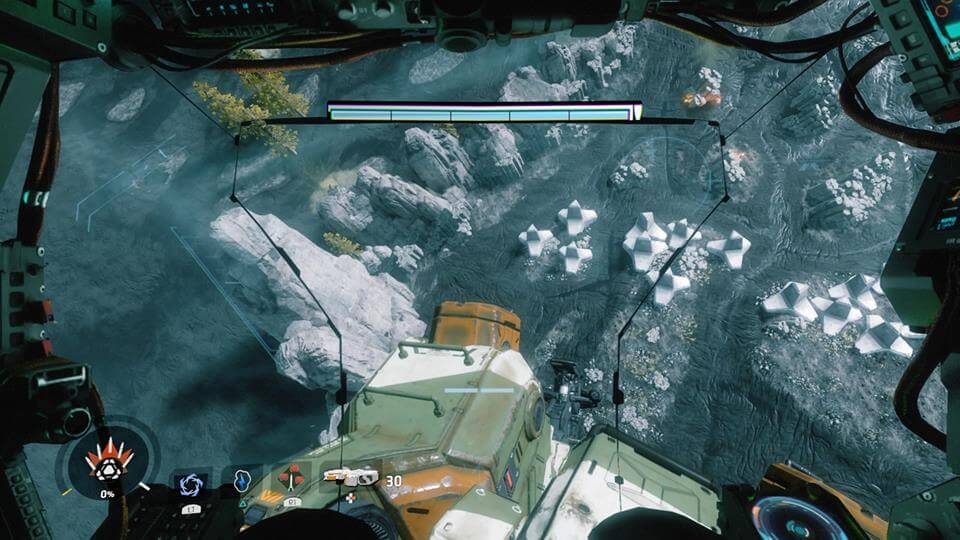
Unfortunately, this is the only real that had the backing to matter. Every other character within this universe didn’t have enough backstory or interaction to make an impact. On the side of the militia, there were certain characters during the credits that got spotlights that I genuinely couldn’t remember from the game. And on the side of the IMC and the mercenaries, I found a lot of disappointment. The boss battles reminded me vaguely of Metal Gear Solid in the sense that each enemy had their own unique Titan and personality, but instead of choosing to build on their uniqueness, you really only see most of them once…in their boss fight.
The story itself doesn’t make an incredible amount of sense. I found myself asking, “What is even going on” the majority of the time I was playing. The game gives you plenty of options to complete a mission with different load outs for your Titan, but at no point really explains why you’re doing what you’re doing, or why halfway through the game you can suddenly time travel for a mission.
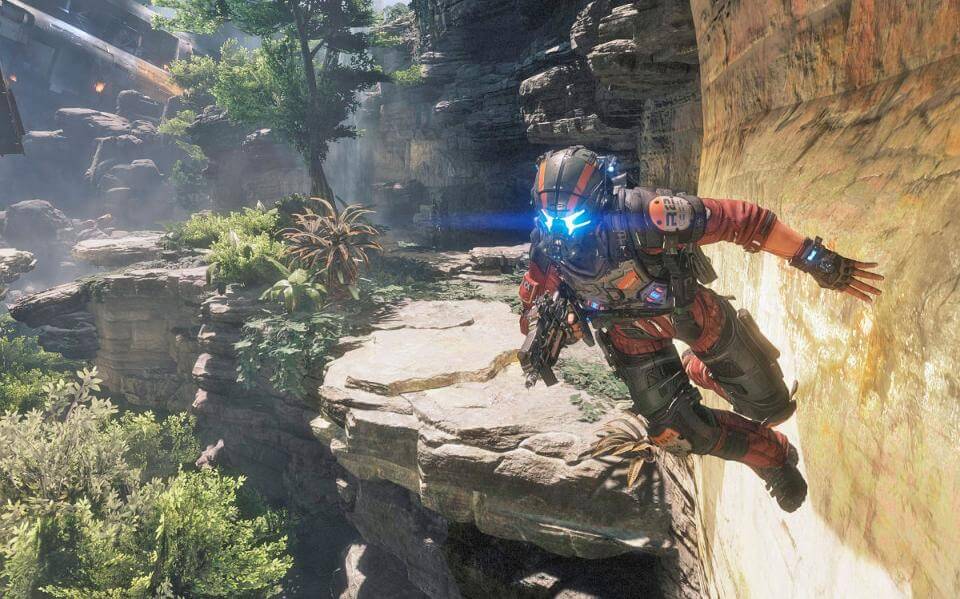
The multiplayer and campaign both have almost identical gameplay, which continues to be the same unique and great style from the first game. This time around, the game gives you a plethora of different Titans, each of which has unique strengths and weaknesses. Outside of the mechanical suit, the pilot movement feels fluid and great, from running from wall to wall, then landing and sliding under a fallen tree trunk. While the controls initially are something to get used to, once you have them down, everything blends perfectly together.
My only issue with the multiplayer is that it adds certain abilities that were nowhere in the campaign, such as the grappling hook. The grappling hook is a really cool and interesting addition to the already crazy atmosphere, but there was no preparation for it in the campaign. Other than this, the multiplayer gives plenty of options to its player, from pilot versus pilot matches, last-titan-standing modes, as well as traditional capture the flag and deathmatch options.
Titanfall 2 stands as a pretty great shooter among a year of other pretty great shooters. While it has the unique nature of parkour and mech fighting gameplay, as well as a vastly improved story from its last iteration, it doesn’t exactly stand above the others, but more with them. The story ends on a sort of cliffhanger, so it will be interesting to see if we get a Titanfall 3 in the not so distant future.
- Gameplay: Quick, Fluid, Fun
- Graphics: Beautiful, No Frame Drops Noticed
- Sound: Great Sound FX, Excellent Acting of Two Main Characters
- Presentation: Great Relationship Dynamic, Excellent Gameplay, Forgettable Story
[review]

